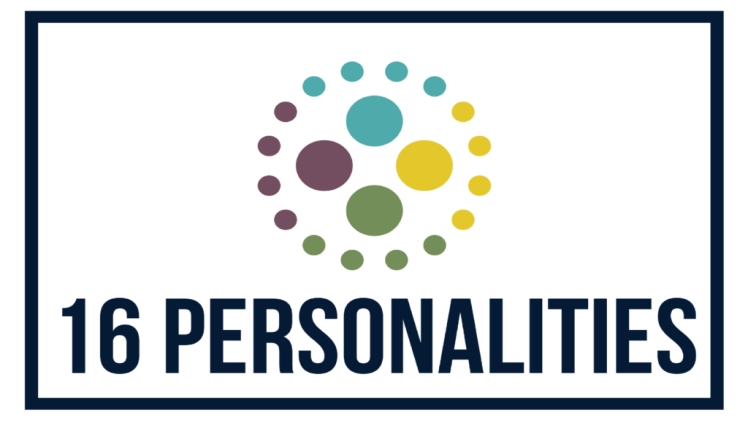The Myers-Briggs Type Indicator (MBTI) is a popular model that defines 16 distinct personality types. Based on four scales, these categories include Thinking, Perceiving, Identity, and Social. The first five of these categories are the most commonly tested, with the sixth and final category, Neutral, located in the middle. This assessment is designed to identify a person’s preferred style of behavior and to help them make decisions based on these traits. The following sections outline each of the four categories, and how the results are calculated.
About the 16 personality
The 16 personality test was created by Isabel Briggs Myers and Katharine Cook Briggs in the 1940s. It is based on Carl Jung’s research into human behavior and he warned against the use of strict classifications. In fact, the test is so inaccurate that half of its users will get different results. Psychologia earns a commission from this sale, which helps keep the test free and available for all.
Basic traits
The 16 personality test identifies a person’s most basic traits. The most prominent traits are Introversion, Extraversion, and Openness. Each type combines the other three, with one trait being dominant. When these traits are combined, a person’s traits become more obvious. People who are “open” to change are likely to be open and curious. Those who lack the latter trait are more likely to be impulsive, and they are not fond of schedules.
Although INFPs are loners, they are good friends. They are loyal, but often shy and private. They do not expect emotional support from their friends, and are more likely to pursue careers in the arts and sciences. This trait is helpful for analyzing relationships and careers. They tend to take criticism personally and have positive outlooks. They can work well alone, which makes them a great choice for many jobs. However, they can be difficult to understand. Read More About: gopage7
Adaptation
The 16 personality test is an adaptation of Dr. John Gottman’s work. The 16 personalities test is a narrative of four overarching archetypes. The four subtypes fall along the spectrum, and each of them is characterized by a distinctive set of characteristics. The first archetype is the most common and is the most dominant, followed by the second. It is important to distinguish between the two main types. Read More About: wmt24
The Enneagram has more popularity among younger people, but is more suited for larger organizations. The 16 personality test is a world-renowned test that has been used for over fifty years. It can help people understand themselves better and improve the performance of their employers. The 16PF Questionnaire contains 164 statements that are graded on a scale of slightly agree to strongly disagree. If you want to know what you’re like, you can find out what you’re good at. The 16 personality test can also help you improve your work culture and minimize costly conflict.
DISC test
The DISC test is a self-scoring assessment that measures how each person responds to various situations. In the early 1900s, Carl Jung developed 16 different personality types, but today’s modern society has evolved since then. There are now more than 16 DISC personality categories. It’s important to note that these types of personality don’t exist in all circumstances. You can use the DISC test to assess the personalities of others and understand how to deal with these situations in the most effective way.
There are four different personality types. The Protector is responsible and practical. The Artist/Composer is a sensitive, artistic, and creative person. The Protector is more rational and organized. The ISTP is a responsible, independent, and independent person. The Performer is fun-loving entertainer. ISTP is reserved and prefers order. Both of these types are responsible and dedicated to their work. While the four temperaments may not correspond to each other exactly, they are similar. Read More About: eblogz
Final Supposition:
The MBTI 16 personality test is based on Carl Jung’s psychometric theory of personality types. The MBTI 16 is a scientifically validated test based on these four types. During the testing process, you will be provided with a four-letter code that describes your personality type. This test can take 15 minutes or more and is available in both online and print versions. It is also used by over 200 federal agencies, including the EPA.

